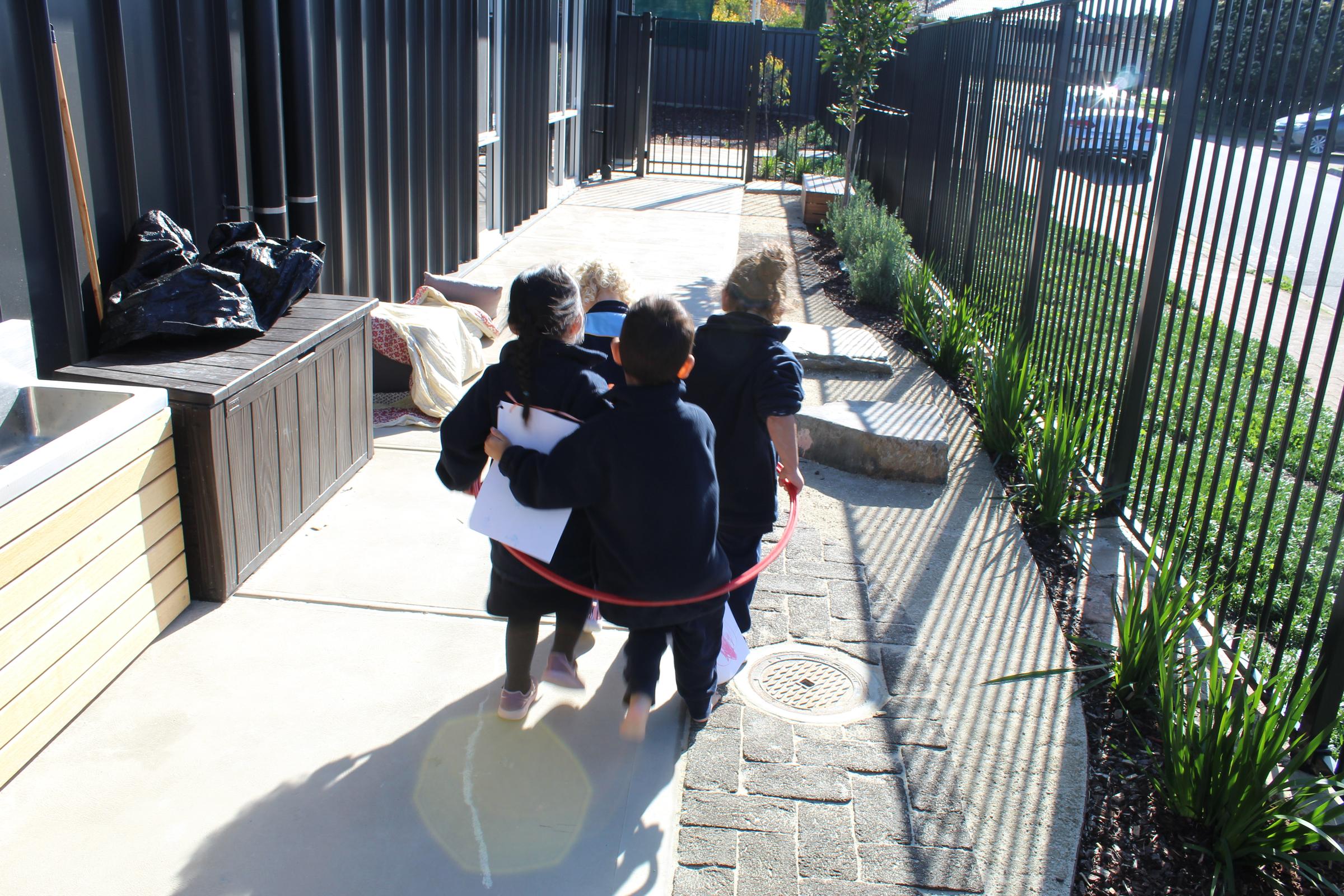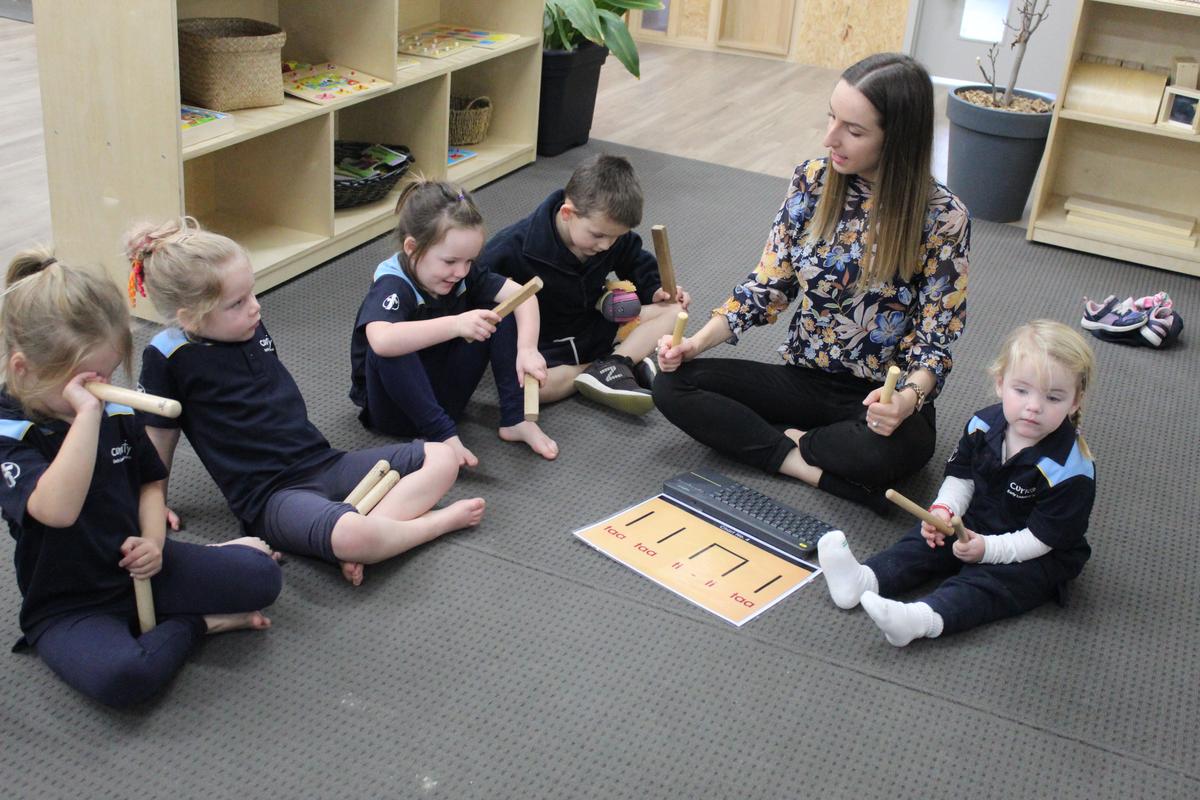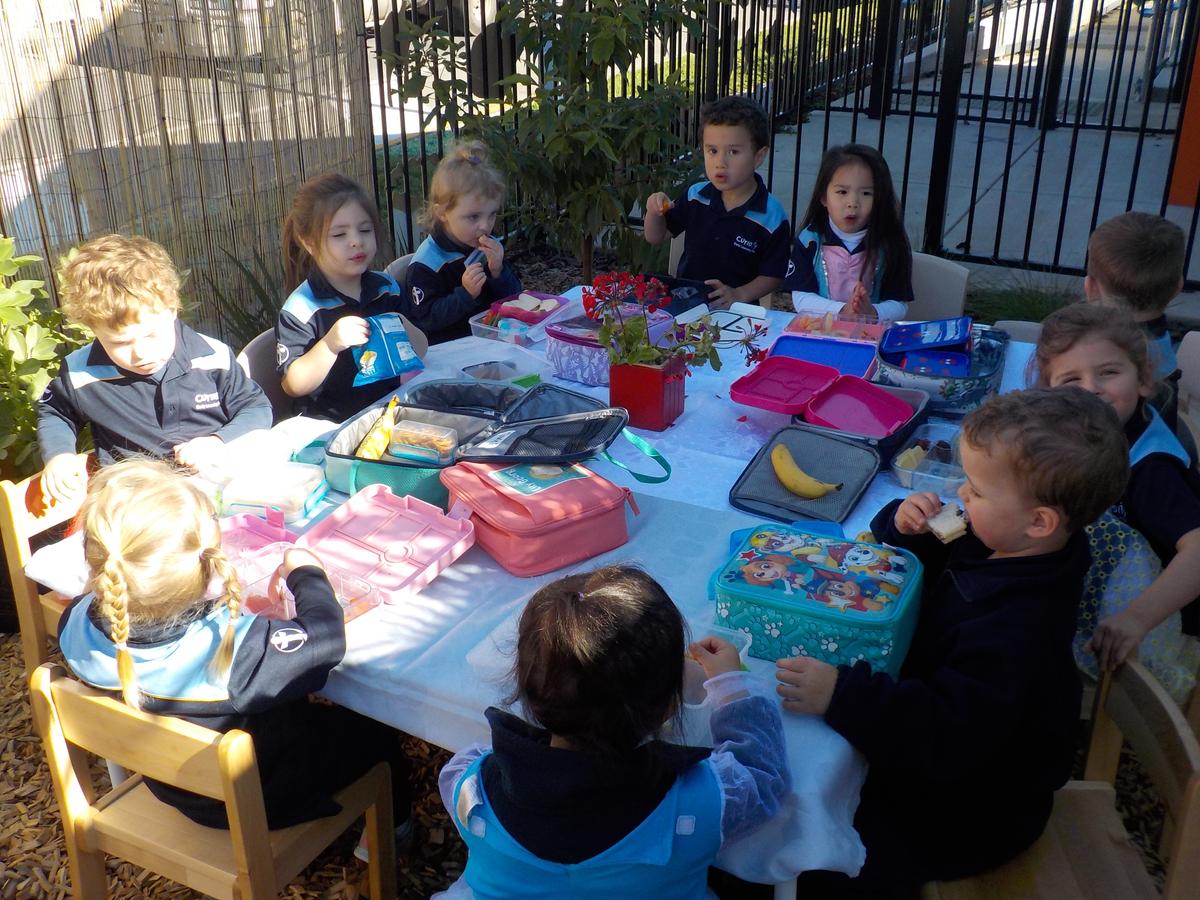
It's Not About Arriving
A simple journey with a clipboard and a hoop that took these travellers to the beach, the zoo and to each other's house. How did they get there? By simply asking questions of each other and valuing the perspectives of their friends.
"I am not so intelligent but I am very curious." Albert Einstein
Our lives are full of questions. Some studies done in the UK and in Australia, have taken samples of parents with children from 2 - 10 years of age and within a 12.5 hour day analysed the number of questions they asked. On average the children within the cohort asked 93 questions per day with one age group coming out with 390 questions per day which equates to 1 question every 2 minutes and 36 seconds. This age group fell within the four year old females. Being a Centre with this sample group of children I am sure there are testimonies of this being true in homes and amongst our staff.
What I love about this though is that asking questions propels curiosity and therefore learning. When children are asking 'why', they are not looking for 'yes' or 'no' responses, they are looking for relevance and connections that provides them with the opportunity to rationalise what they already know. Once an answer is given this is when the process of thinking often stops and then so does the conversation.
In our busy lives it is very easy to be distracted and miss out on these opportunities to be present with children whom are asking questions to make sense of the world they are growing up in and can be valuable contributors of. As we care for our children we enter into interactions that provide opportunities for their confidence to develop, their ideas to freely flow in conversation and for collaborations to present themselves.
Rather than offering children a 'yes' or 'no' response, we can offer questions and comments that state our engagement and value of the interaction. Before offering your child a quick response to their next 145th question for the day, why not respond with, "That's an interesting question, I wonder......" and then see what they come up with next. Or, "Could you tell me more about ......." Simply acknowledging that you don't know the answer to something is a great way for you to demonstrate to your child that you might not know everything because they probably think that you do.
Offering new lines of questioning that open up conversation is a wonderful way for children to gather thought and perspective from the significant people they trust. These interactions build trust and strengthen relationships. The beauty of asking questions is that you don't often arrive where you thought you might, as the process opens you up to new and exciting directions.
I wonder what questions your child will ask you next after you have read this and how you might respond to that question? Remember, you don't have to always have the answer but sometimes they are the best questions as you learn alongside your child.
All the best for your upcoming weekends. I'd love to hear what curly questions you get this weekend.
Take Care and God Bless,
Mrs Jacqui Gliddon
(Director)



